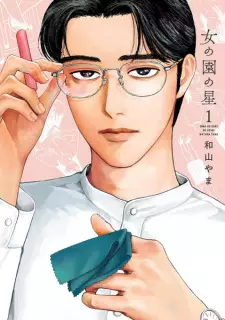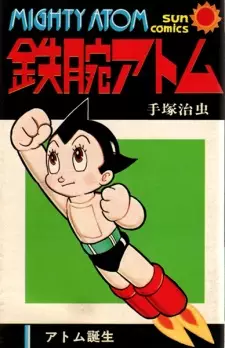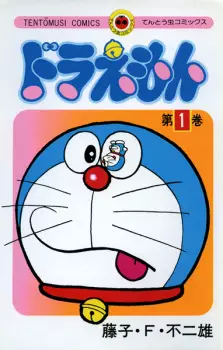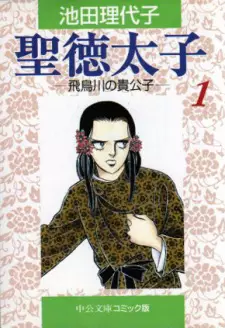Aug 6, 2012
Hi Izuru Tokoro No Tenshi (Heaven's Son in the Land of the Rising Sun) was written by Ryokou Yamagishi, an esteemed member of the Magnificent 49ers group of female manga artists who revolutionized shojo manga and created works of art that can stand among the greatest works ever created in the medium. This is her magnum opus. The story takes place during the Asuka period in ancient Japan and is about the legendary Prince Shōtoku Taishi (here called by his birth name of Umayado) and his relationship with Soga no Emishi, a son of a powerful noble of the Soga clan.
The
...
story captures 10 years of Umayado and Emishi's life from when they were 10 and 14 to 20 and 24, respectively. While the manga shows many of the historical events that took place during that time, it takes many liberties with the characters of the story. Umayado is portrayed as a charismatic, cold, calculating child prodigy with trap-like beauty (he often disguises himself as a girl, and he's mistaken by Emishi as a girl initially). In addition, he possesses supernatural powers such as the ability to call upon Buddhist demons, astral projection, and other weird powers that the manga doesn't really try to define. However his powers and intelligence alienates him from his mother (she being one of few people who notices his invisible powers and fears him), whose love he craves but cannot have. He's respected, feared, and hated by various parties of the royal court due to his political cunning and influence.
Emishi is the polar opposite of Umayado. He's kind to everyone and sensitive to the feelings of others. He cares more for books and culture than politics, much to the chagrin of his father, the head of the powerful Soga clan. As a result he can sometimes be naive and indecisive in view of other people. Maybe it's this kindness and Emishi's earnest treatment of Umayado as his friend - the kind of affection Umayado couldn't have before - that made Umayado fall in love him. In many ways their relationship is similar to that of Eiji and Ash of Banana Fish, although Umayado and Emishi rarely communicated as well with each other as the heroes of Akimi Yoshida's classic. In Emishi the prince finds a source of genuine warmth and happiness, an escape from the cutthroat and dangerous world of politics.
There is a large cast of other important characters (most notable being Emishi's tomboyish sister who has tortured feelings for her brother, Emishi's domineering father, and the beautiful princess of the Soga's rival clan whom Emishi falls for), each with their motives and ambitions.
While the relationship between Emishi and Umayado is central to the story, there are many other themes and subplots as well. Marriage plays a huge role in everything, as they are usually chosen for creating political ties and to gain power and wealth rather than for love. Polygamy is common among the nobles of the royal court, and some even marry their half siblings (checkout this Soga family relationship tree: http://i.imgur.com/gGOUu.jpg). The title of emperor, the head of clan, and other positions can be passed to a brother after death. One's bloodlines and political influence are both important for succession. Obviously, these practices fly in the face of the passions of the story's main characters. Also, in the early volumes the main conflict is between the Soga clan which supported the spread of the new Buddhist religion and has blood ties to the kingdoms of ancient Korea, and the Mononobe clan which opposed Buddhism in favor of Shintoism and represented the indigenous Japanese royalty. The manga shows how Umayado's political and military cunning helps the Soga bring ruin to the Mononobe. Throughout the manga Umayado helps the Soga clan (especially allying with Emishi's father) not so much because he's a clan member, but for Emishi's sake. For Emishi's love, he is willing to do anything, even if it means hurting Emishi in the process. Thus Yamagishi ties all of the layers of the story - the history, politics, religion, culture and customs - into its central relationship between the two boys. It's this kind of ambitious storytelling (and the unbelievably sad ending) that makes Yamagishi's masterpiece such a classic among shojo manga.
Reviewer’s Rating: 10
What did you think of this review?
Nice
 16
16
Love it
 0
0
Funny
 0
0
Confusing
 0
0
Well-written
 0
0
Creative
 0
0Show all
 16
16
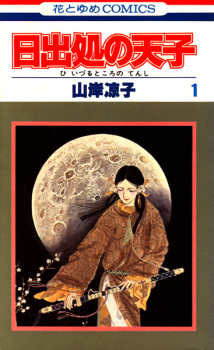




.png)

